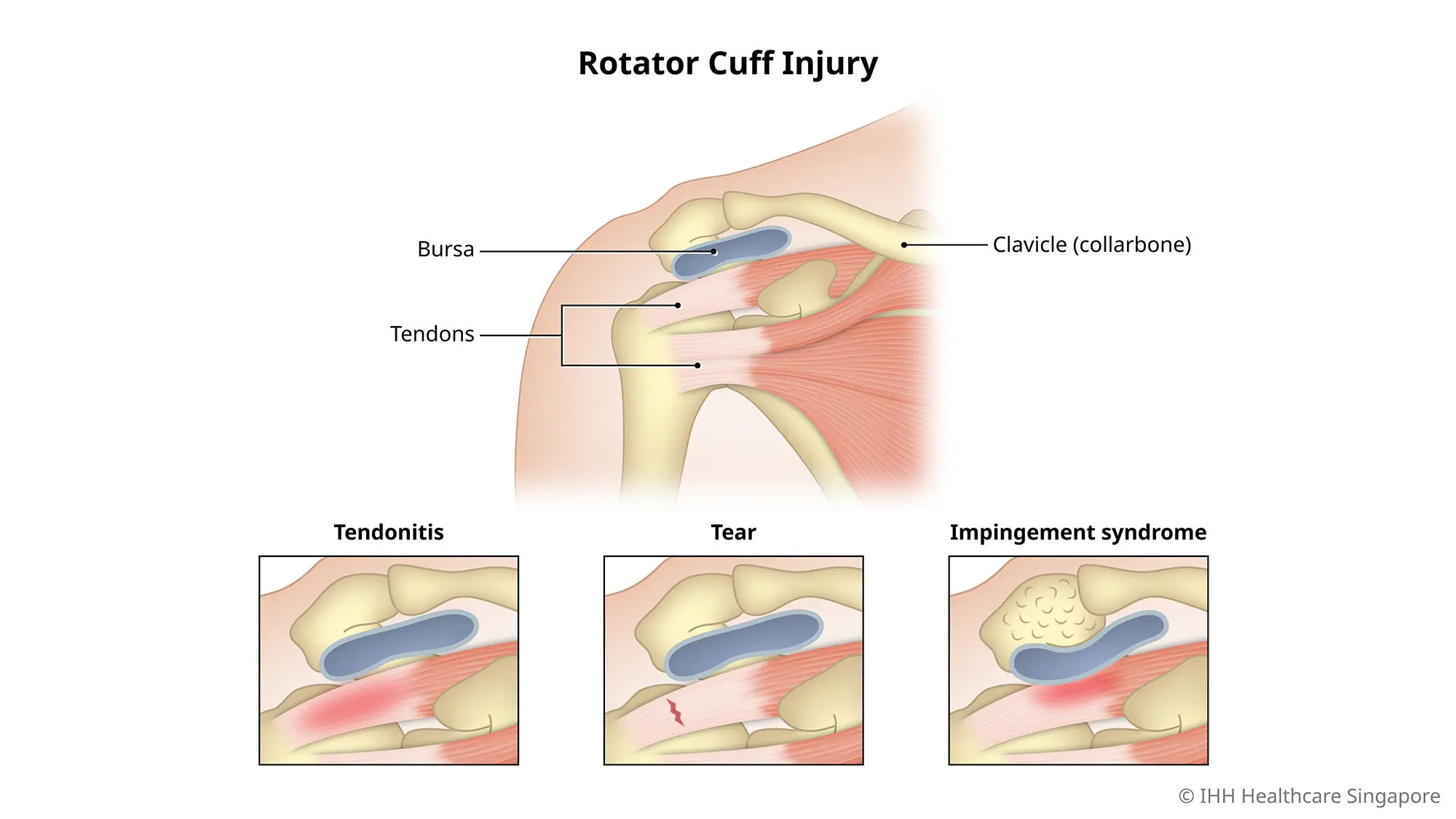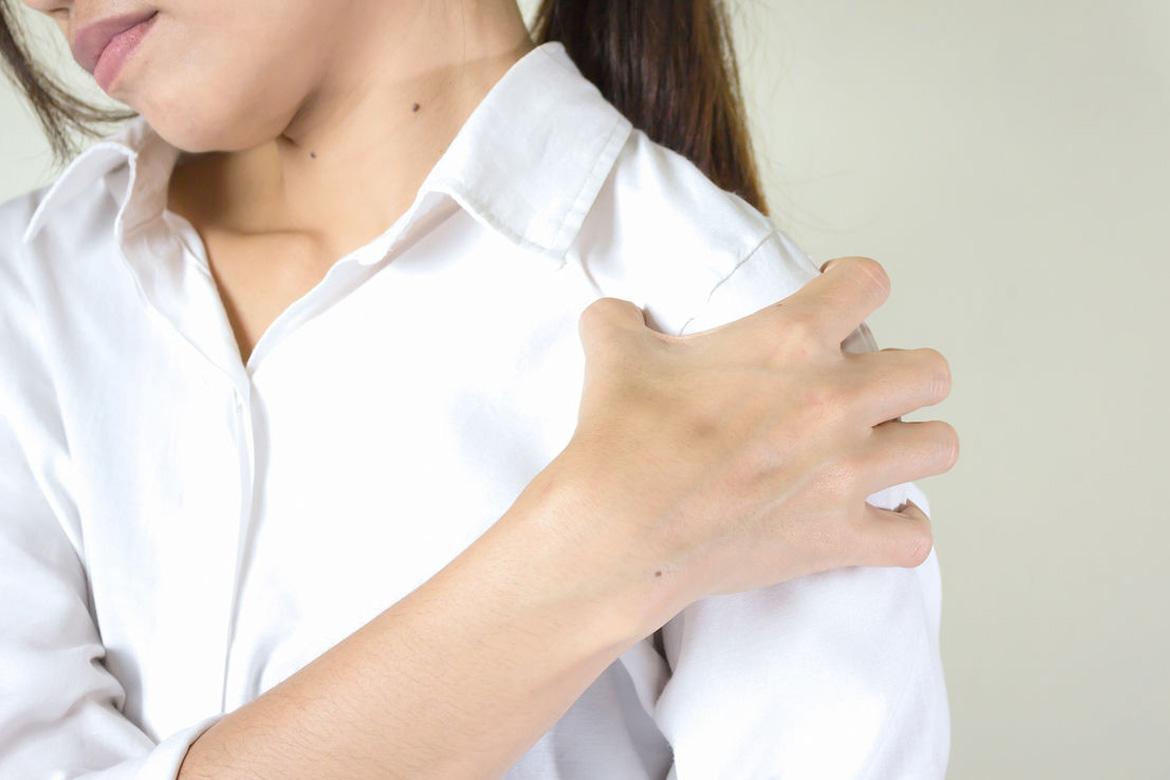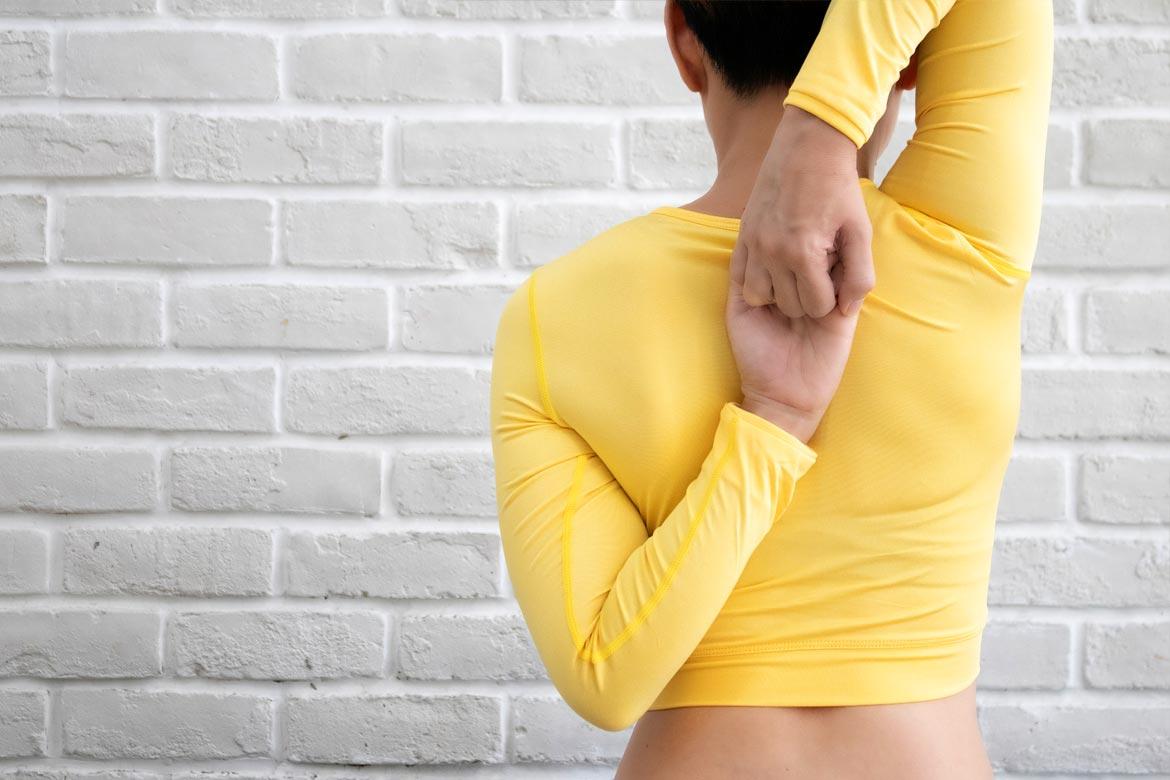Rotator Cuff Tears & Injury
What is rotator cuff injury?
The rotator cuff is a network of 4 muscles and several tendons around your shoulder joint. Its purpose is to hold your upper arm bone (the humerus) in place and enable you to rotate your arm.
Rotator cuff injury occurs when there is inflammation and swelling of this network.
A rotator cuff tear is a tear in the muscles or tendons that form the rotator cuff. It is one of the most common causes of shoulder pain.
Types of rotator cuff injury
There are 3 common types of rotator cuff injury:
- Rotator cuff tendonitis
- Rotator cuff impingement syndrome
- Rotator cuff tears
What are the symptoms of rotator cuff injury?
You may be experiencing some form of rotator cuff injury if your shoulder pain is affecting your ability to perform certain activities or limiting your range of motion, such as reaching overhead or behind your back.
Look out for any of the following signs:
- Difficulty raising your arm
- General weakness in your shoulder
- Inability to lift the weights you can normally lift
- Pain when you move your arm in a certain way or when you lie on it
- Feeling or hearing popping noises when you move your arm
Some symptoms are characteristic of specific types of injury. If you have:
- Pain and weakness in the shoulder, you may have rotator cuff tear.
- Pain that gets that worse with repetitive or overhead movement, you may have bursitis.
- Generalised shoulder pain or pain that worsens with overhead activities or at night, you may have rotator cuff tendonitis.
- Chronic shoulder pain that worsens with overhead activities or at night, you may have rotator cuff impingement syndrome.
What causes rotator cuff injury?
There are several different types of rotator cuff injuries. They can be:
- Acute, caused by a particular incident such as a fall
- Degenerative, caused by repetitive use over a long period
Acute injuries are more likely to occur in younger age groups. Degenerative injuries are more likely to occur:
- In athletes, especially those who play tennis and baseball.
- In people whose jobs require repetitive lifting, such as painters.
- In those above 40 years, as blood supply to rotator cuff tendons reduces with age, affecting the body’s ability to repair tendon damage. Bony spurs are also more common in older persons. The spurs rub against the rotator cuff tendon when the arm is raised, leading to tears.
- With overuse from routine chores at home.
Common causes of rotator cuff injury
The cause of the rotator cuff injury depends on the type of rotator cuff injury involved:
- Rotator cuff tears are tears in the rotator cuff tendon instead of the muscles. In younger people, these tears often happen as a result of a fall or an accident. In older people, tears are usually caused by rotator cuff impingement syndrome.
- Bursitis occurs due to inflammation of the fluid-filled sacs between the rotator cuff tendons and underlying bone.
- Rotator cuff tendonitis is caused by irritation and swelling of the tendons of the rotator cuff muscles. This may be due to an injury or overuse of the shoulder. It can occur in:
- Athletes who take part in throwing sports.
- Non-athletes who do regular heavy lifting or activities involving repetitive movements of the shoulder.
- Rotator cuff impingement syndrome occurs when the rotator cuff tendon is trapped and repeatedly rubbed against the shoulder blade, leading to wear and tear of the tendon.
What are the complications and related diseases of rotator cuff injury?
Left untreated, a rotator cuff tear may worsen and limit your movement due to persistent pain and discomfort. If the tightness or stiffness worsens, the injury can lead to a condition called frozen shoulder (adhesive capsulitis). Over time, frozen shoulder can lead to permanent weakness or loss of motion as well as progressive degeneration of the shoulder joint.
If you are unsure if your shoulder pain is just a strain or something more serious, get your shoulder checked by a doctor without further delay.








